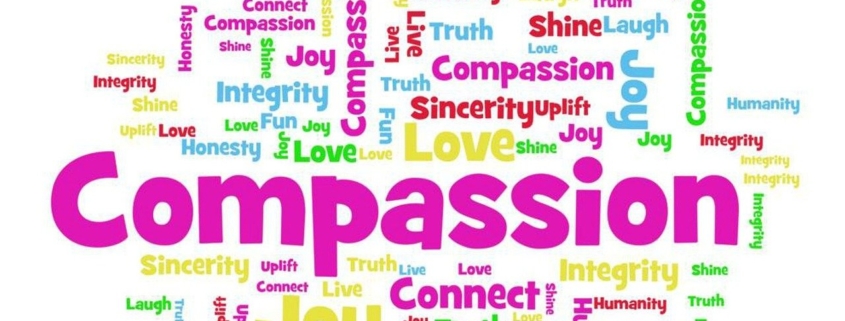You Never Stop Growing
In this month where the theme is supposed to be love and pleasure, I am going to start by talking about abuse and woundedness. I have set aside the post I had intended for this week in order to use this one. It feels right. (For those of you who, like me, have been scarred by abuse, please know that what follows does not describe abuse at all, and it ends in a happy place. However, you are forewarned so can choose not to read further if that feels right to you.)
I was raised in an verbally and emotionally abusive home. I always feel compelled to say at this point that it was not my mother. She, too, was a victim of the abuse that she couldn’t protect either of us from. When I left home at seventeen, I thought I’d left that behind, but what do you know at seventeen?? Of course, the emotional damage and poor relational templates came right along with me, so it’s not too surprising that my first marriage was verbally, emotionally, and eventually, physically abusive.
I eventually left that marriage. Society has the idea that women in abusive relationships are weak. That is not necessarily true. I was a strong woman when I was in the marriage. I just had very poor modelling growing up, skewed expectations of relationships, and I’d never heard of ‘boundaries’.
I was strong then, I am strong now … and I am much wiser.
One of the things I had come to see is that I carry a lot of anger from the abuse of my first thirty-five years of life. It took me a long time to understand this. I had some things in my life the would quite reasonably engender anger. Also, I’m not a ranter and a rager. I’ve never abused anyone else. I didn’t even spank my children, and in the culture I was part of at the time, that was the norm. So I didn’t look or act like an angry person. But inside me, there was a deep core of anger, always ready to flare into life in my mind. At first, when I was very young, that anger was probably functional, helping to maintain my sense of self, helping me see that what was happening was wrong, and not my fault.
But when I left the abusive situations, the anger was no longer adaptive. It was eating away at me. It kept me in a state of high alert, unable to ever be fully peaceful, the anger always ready to roar into acrid, fiery life. Anger had done all it could for me, but now it was time for it to go.
But how? How do you break the invisible, unconscious, knee-jerk habit of a lifetime?
As I’ve described earlier, I cast about for a replacement response to stressors and threats (real or just perceived), and eventually realized that for me, Compassion is the response that dissolves anger, pretty much on contact.
And where do I direct the compassion? At first, I thought it would be best directed at whoever was provoking the anger, but I very quickly discovered that, no, the best direction for the compassion was … myself.
Thus, I have created what I’m calling my Compassion Project. I meditate twice a day, the first a guided meditation for general stilling of mind and body, which is wonderful for reducing overall anxiety levels, and the second self-directed, with the specific goal of strengthening compassion, and thus reducing the space for, and strength of, anger within me. Part of the second meditation includes affirmations, which always include “I am full of compassion. I am full of warmth.” Other affirmations, one or two more, sometimes come into my mind, and I will use them.
Yesterday’s unexpected affirmation was “I am free from fear.”
Actually, I am not. Fearfulness, that sense of being threatened by something (either identified, or just a nebulous dread) is often with me. That’s fine — affirmations don’t have to be true in this moment. They can be aspirational. If you say them often enough, with the mind in an open, receptive state, if you do this persistently over time, they will gradually become true.
When a new affirmation springs unbidden into my mind, I always examine it. Why did “I am free from fear” show up?
It’s not too hard to see why. It’s hard to be compassionate when you’re afraid. When you feel that you’re somehow imperilled, the more natural response is … my old friend anger. Anger, to give you the energy to fight back, to repel that threat, the power to keep yourself safe.
So, in order to truly be “full of compassion”, I am going to need to be “free from fear”. Way to go, subconscious, shoving this little nugget to the surface where I could find it! And now that I’ve seen it, I can deal with it, heal it, overcome it, become stronger.
I am filled with optimism for my fear-free, anger-free, compassion-full future!



